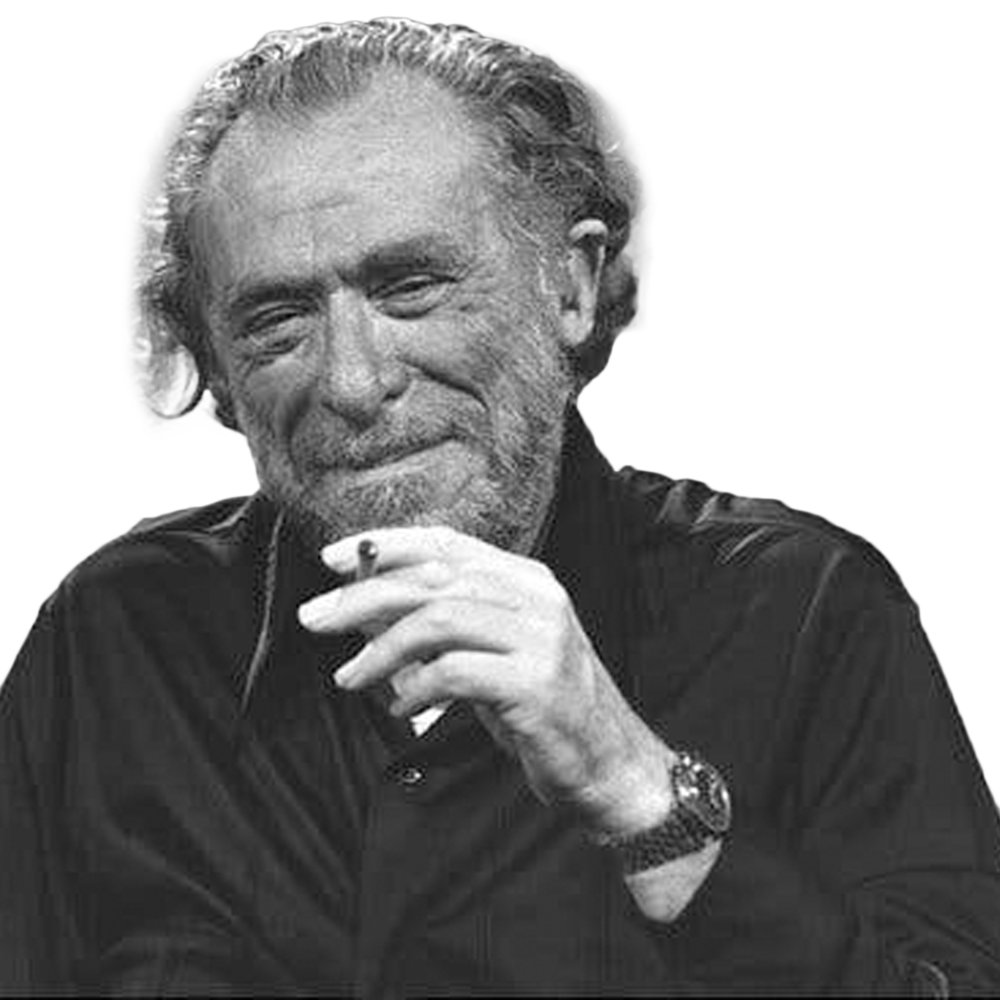there’s a bluebird in my heart that
wants to get out
but I’m too tough for him,
I say, stay in there, I’m not going
to let anybody see
you.
there’s a bluebird in my heart that
wants to get out
but I’m too tough for him,
I say,
stay down, do you want to mess
me up?
you want to mess up the
works?
you want to mess up my book sales in
Europe?
there’s a bluebird in my heart that
wants to get out
but I’m too clever, I only let him out
at night sometimes
when everybody’s asleep.
I say, I know that you’re there,
so don’t be
sad.
then I put him back,
but he’s singing a little
in there, I haven’t quite let him
die
and we sleep together like
that
with our
secret pact
and it’s nice enough to
make a man
weep, but I don’t
weep, do
you?
Published:
1992
Length:
Regular
Literary Movements:
Contemporary
Anthology Years:
2022
Themes:
Mental Health
Literary Devices:
Dialogue
conversation between two or more people as a feature of a book, play, or movie
Extended Metaphor
a metaphor that extends through several lines or even an entire poem
Personification
the attribution of human qualities to a non-human thing
Repetition
a recurrence of the same word or phrase two or more times

